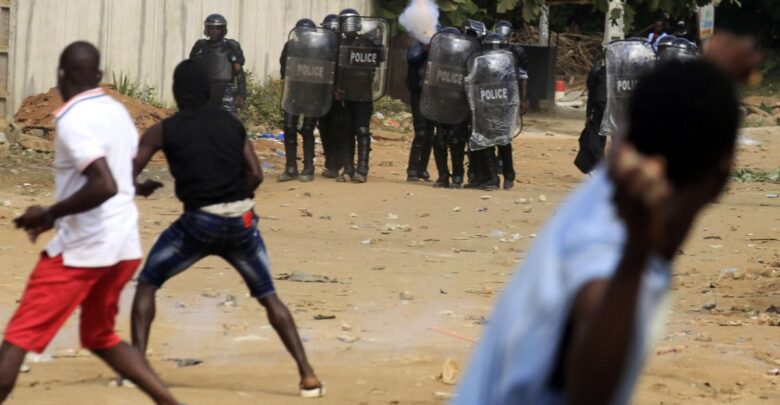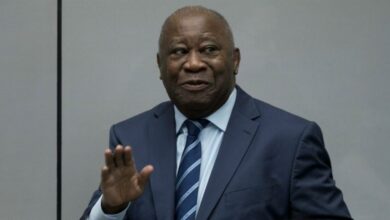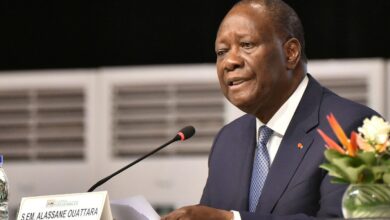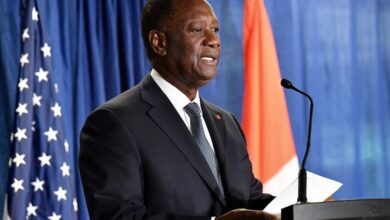Ivory Coast
Ivory Coast: Protests turn Violent As Top Court Clears Ouattara’s Third Term Bid

Protests turned violent in several cities of Ivory Coast on Monday after the country’s top court cleared the path for President Alassane Ouattara to seek a third term, reported Al Jazeera.
It is feared that the court’s decision to allow Ouattara to contest in the upcoming election might result in a repeat of the conflict that claimed 3,000 lives in the West African country a decade ago.
The constitutional council also barred former president Laurent Gbagbo and former rebel leader turned Prime Minister Guillaume Soro to contest in next month’s presidential election.
The electoral commission said that anyone convicted of a crime will be disqualified from running for the top office. Soro has been barred from running as he was sentenced in April to 20 years in prison for concealment of embezzlement of public funds. Gbagbo has been sentenced in absentia to a 20-year term over the looting of the local branch of the Central Bank of West African States during the 2010-11 crisis.
Only four of the 44 candidates who had applied their candidacies for the October 31 Ivory Coast presidential election have been approved.
The other candidates who have been allowed to run are former president Henri Konan Bédié from the historically dominant PDCI party, Gbagbo’s former Prime Minister Pascal Affi N’Guessan, and Kouadio Konan Bertin, a dissident from Bédié’s party.
In Ivory Coast’s Abidjan, protesters put a bus on fire in the working-class district of Yopougon, after clashes broke out earlier in the day between security forces and youths. In the center-west city of Bangolo, demonstrators set fire to a mining truck and other vehicles.
Around 15 people have died in violence in Ivory Coast since the 78-years-old Ouattara announced last month that he would run for a third term.
Although the constitution limits presidents to two terms, Ouattara and his supporters argue that a 2016 constitutional tweak reset the clock.
The president had previously announced not to run again, but he changed his decision after the sudden death of his appointed successor, prime minister Amadou Gon Coulibaly, from a heart attack in July.





